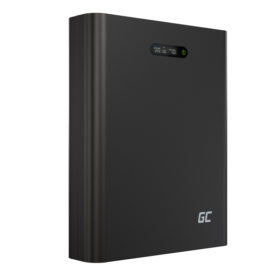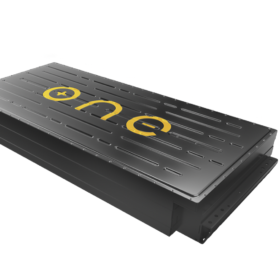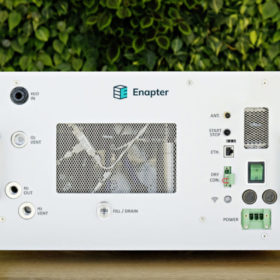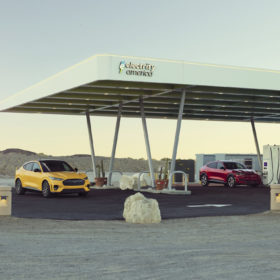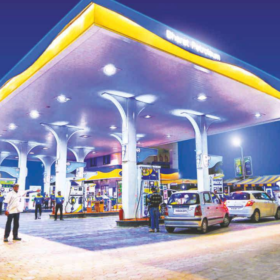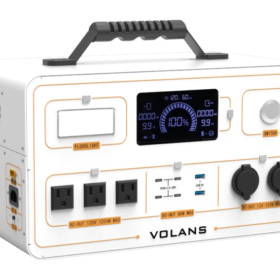Panasonic launches solar heat pump solution for water heating
Panasonic has unveiled a new product in Japan with a PV-based charging function that uses a heat pump and hot water storage unit to save energy by maintaining bathwater temperatures at constant levels.
Paving the way for green hydrogen certification
The International Renewable Energy Agency has outlined a series of technical considerations for green hydrogen tracking systems. According to the document, a degree of flexibility should be taken into account in the short term to ensure that the nascent green hydrogen market can develop.
Green Cell unveils 5kWh residential battery
Called GC PowerNest, the battery has a storage capacity of 5kWh and a voltage of 51.2V. It is scalable in an eight-stack configuration, thus reaching a capacity of up to 40kWh.
Australian researchers announce lithium-sulfur battery breakthrough
Researchers from Australia’s Monash University have created a new generation of lithium-sulfur batteries to provide a cheaper, cleaner and faster-charging energy storage solution that outlasts lithium-ion alternatives and is rechargeable hundreds of times without failing.
US EV battery manufacturer demonstrates 750+ mile range, raises $65 million
Michigan’s Our Next Energy (ONE) said it will use the funding led by BMW to accelerate R&D and build a US manufacturing facility.
Plug & play electrolyzer for green hydrogen production from Germany
Developed by Germany-based hydrogen specialist Enapter, the EL 4.0 electrolyzer is based on a patented anion exchange membrane (AEM) technology. Commercial production is currently being prepared at the company’s Italian plant and the first shipments should be made in the summer.
The long read: Standards to unlock V2G
Mass adoption of electric vehicles presents opportunities for significant battery deployment to support our grid and power our homes. Developing and adopting standards for vehicle-to-grid bidirectional technology is needed to accelerate the path to these opportunities, reports pv magazine USA’s Tim Sylvia.
Hero MotoCorp, BPCL partner for large-scale EV charging infrastructure
Hero MotoCorp has partnered with Bharat Petroleum Corporation Limited (BPCL) to develop the charging infrastructure for two-wheeled electric vehicles (EVs) at BPCL’s existing nationwide energy station network.
A 4,000 cycle lithium-sulfur battery
Scientists in the United States developed a lithium-sulfur battery using a commercially available carbonate electrolyte, that retained more than 80% of its initial capacity after 4000 cycles. The group used a vapor deposition process which unexpectedly produced a form of sulfur that did not react with the electrolyte, overcoming one of the key challenges for this battery chemistry.
Soluna unveils 1.28 kWh portable power generator
Soluna’s new generator can be combined in a two-unit system to reach a capacity of 2.5kWh. It features built-in 120V(AC) output, continuous AC output power of 1,200W, and peak output of up to 2,400W.


